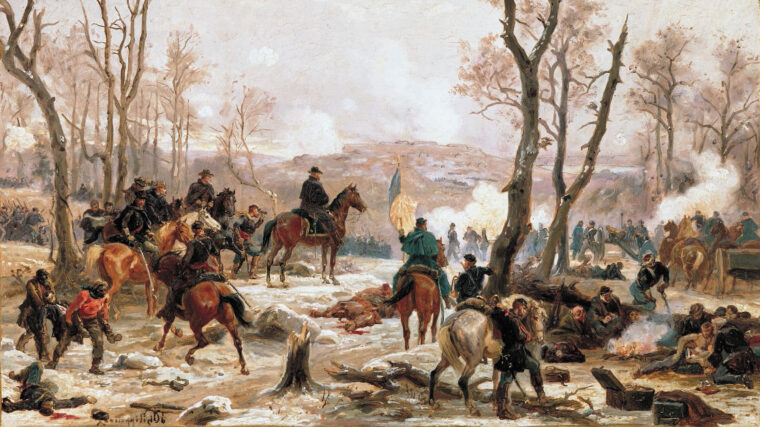
Taking Forts Henry and Donelson: Turning Point in the Rebel West
By Pedro GarciaOne evening around Christmas of 1861 Union Maj. Gen. Henry “Old Brains” Halleck, commanding the Department of Missouri, dined with his chief of staff, Brig. Read more

One evening around Christmas of 1861 Union Maj. Gen. Henry “Old Brains” Halleck, commanding the Department of Missouri, dined with his chief of staff, Brig. Read more
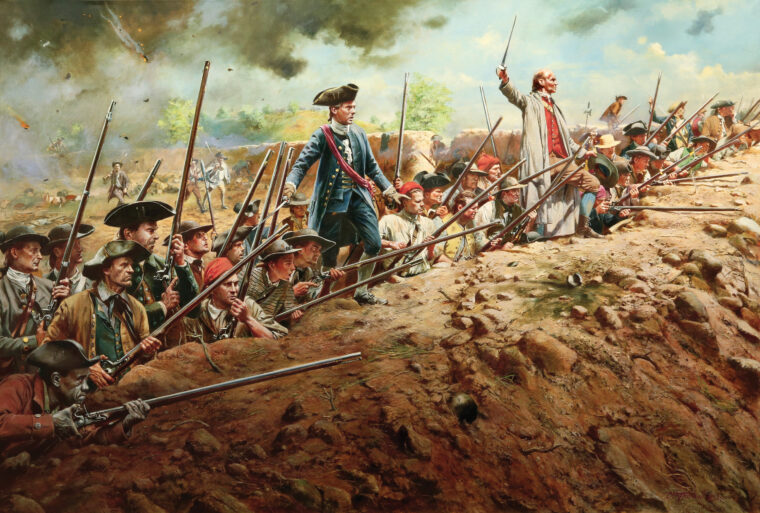
A stark dichotomy was evident among the Americans defending Breed’s Hill on June 17, 1775. One type of provincial soldier stood ready to give his life in defense of liberty that day. Read more
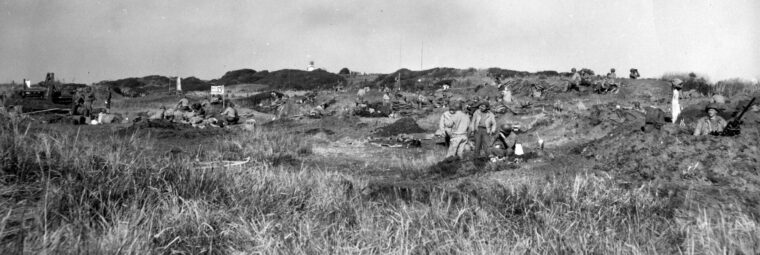
To this day, controversy continues to swirl around Operation Shingle and its agonizing aftermath. The Allied landings at Anzio, intended to outflank the German Gustav Line in Italy, occurred in January 1944. Read more
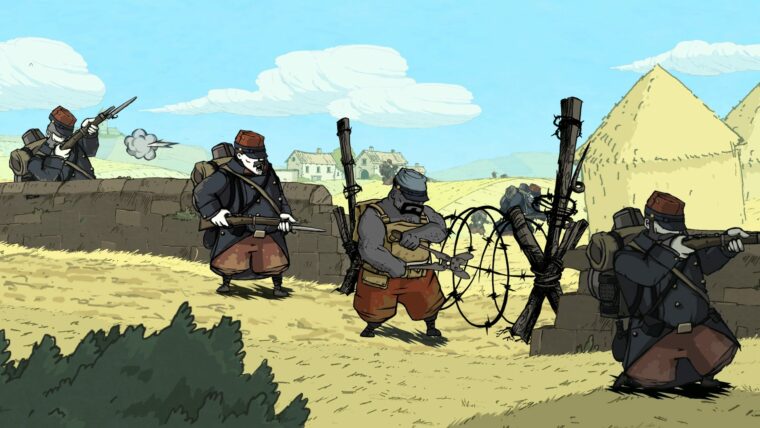
How often do we get to check out strategy games set during the Cold War, especially on multiple platforms? Read more
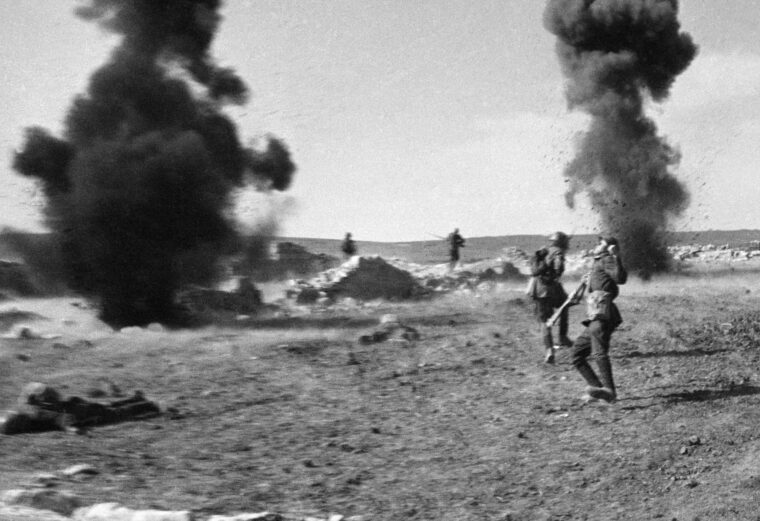
Christmas Day 1941 was anything but festive for the commander of German Army Group South’s 11th Army, General Erich von Manstein. Read more
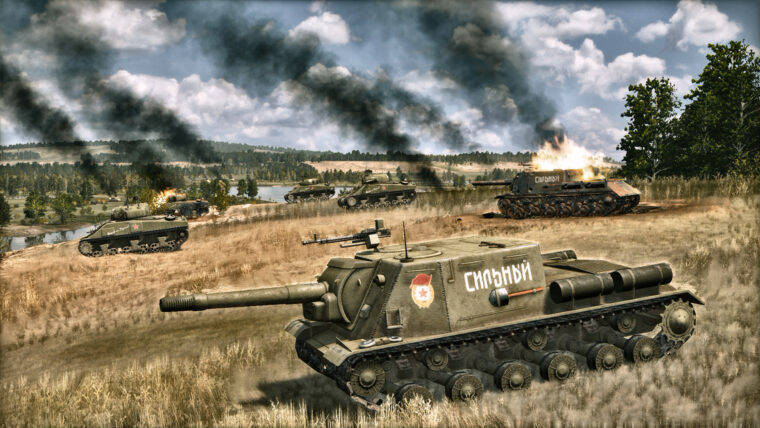
The original Steel Division first brought its real-time strategizing to PCs back in May of 2017, putting players in intense battles throughout Normandy, France, during World War II. Read more
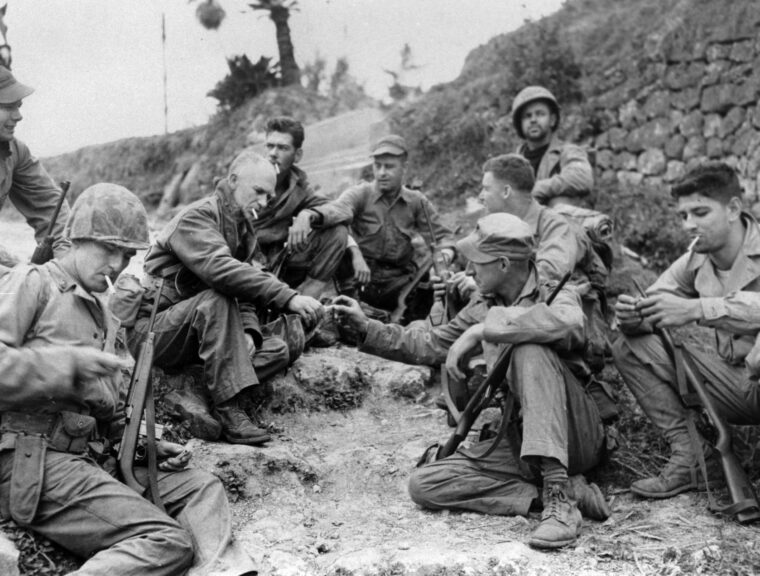
If General Omar N. Bradley was “the GIs’ general,” then their best friend in World War II was undoubtedly a small, stringy reporter with graying red hair from Indiana who shared their foxholes and hardships while slogging across five battlefronts. Read more

One night in mid-October 1941, a British Army intelligence officer disguised as a Senussi Arab was dropped by parachute behind the German lines in the Italian colony of Libya. Read more
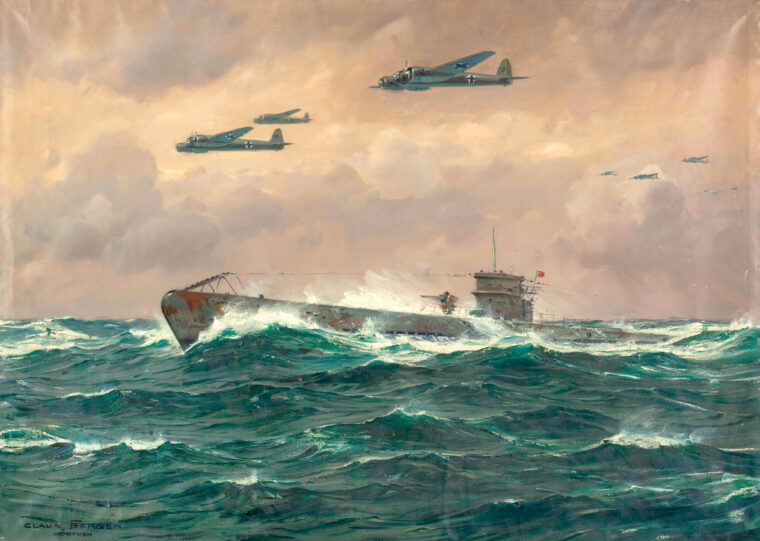
Fregattenkapitän (Commander) Otto Kretschmer sank or damaged more Allied ships than any other U-boat commander during World War II. Read more
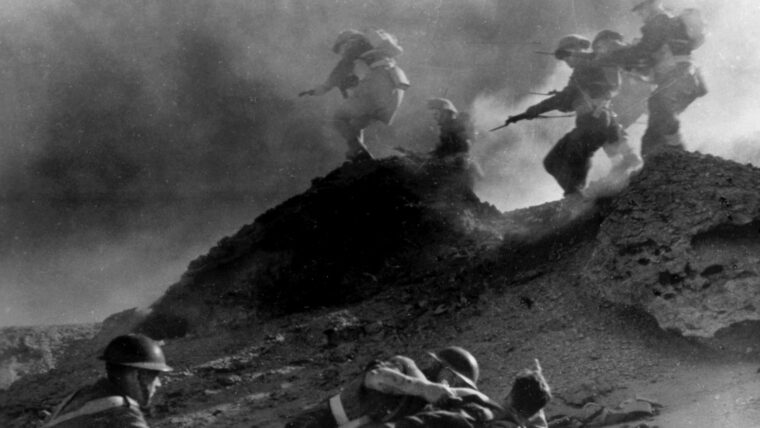
After more than two wearying years of seesaw fighting across the North African desert, the outlook was bleak for the British Eighth Army in the early summer of 1942. Read more
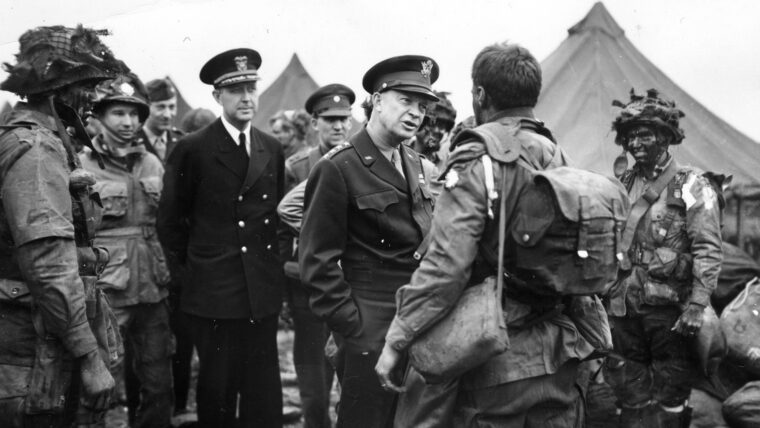
The invasion force was ready. All across the United Kingdom men waited in more than 5,000 ships and hundreds of landing craft. Read more
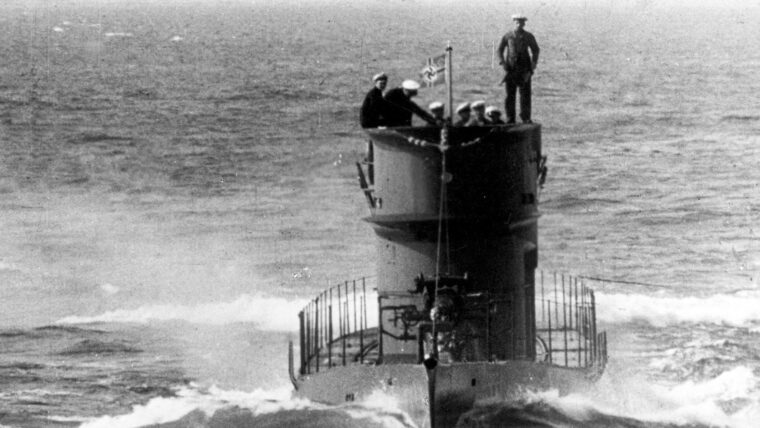
Gunther Prien grew up at sea, joining the merchant service as a cabin boy at 15. In October 1939, with World War II just a month old, the 31-year-old Prien stood in the conning tower of U-47, a German U-boat plying the North Sea toward the United Kingdom. Read more
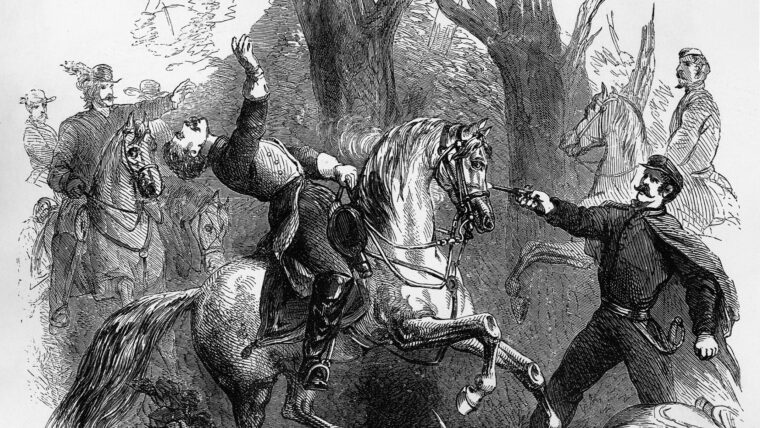
Although undeniably brave and noble, Union General Robert McCook’s parting comments as he lay dying of a gunshot wound in a stranger’s bed in south-central Tennessee did not achieve the immortality of other famous last words by Civil War generals. Read more
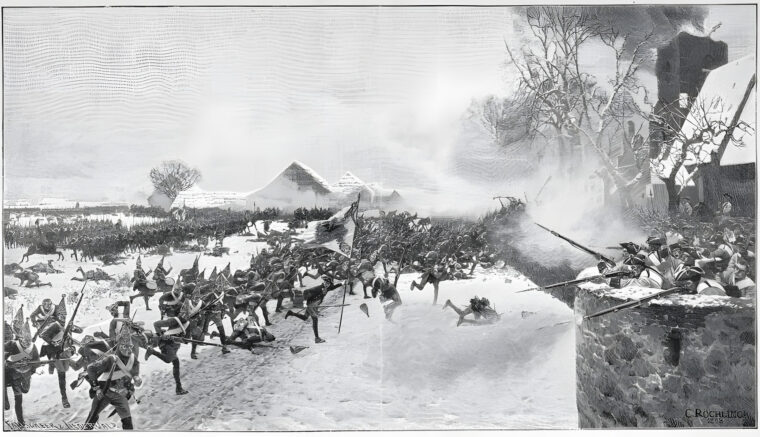
Usually considered to be a single maneuver, Frederick the Great’s “oblique attack” or “oblique order” was in fact two distinct grand tactical maneuvers, each of which could be executed separately or in combination as demonstrated at Leuthen. Read more
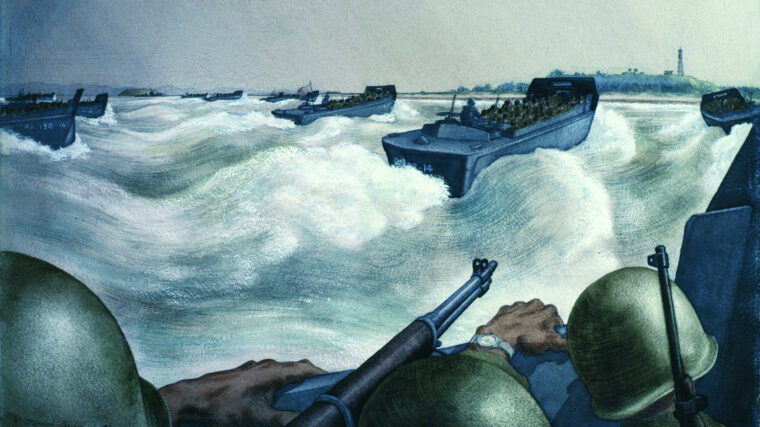
During the more than half a century since the end of World War II, there has been much speculation about what would have happened if President Harry Truman had not dropped the atomic bomb on Hiroshima and Nagasaki and the invasion of Japan had actually taken place. Read more
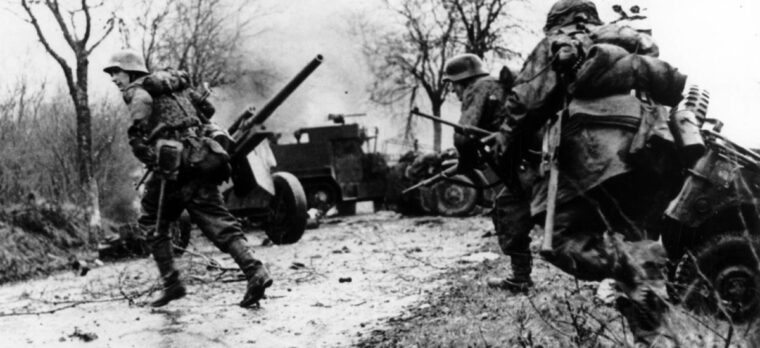
An eternal grayness created a sense of constant gloom. The short, wintry days ended quickly, giving way to endless hours of dark, monotonous cold, and ever-present clouds of ghostlike fog crept slowly over the landscape, blocking all sight. Read more
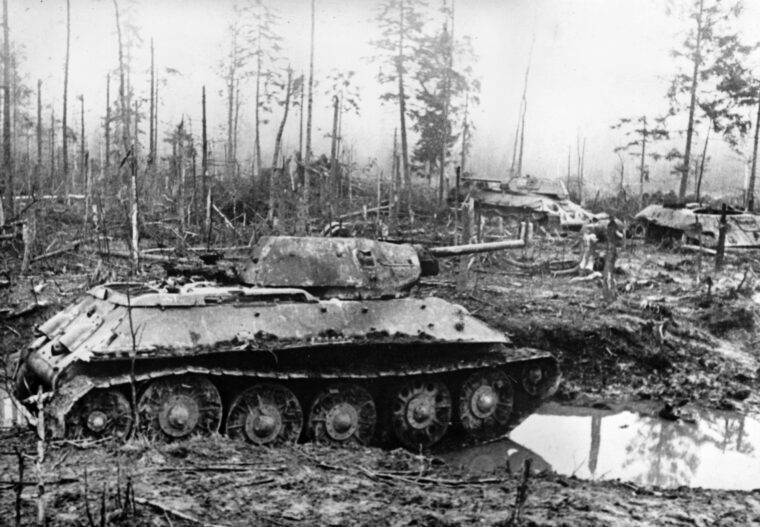
It was called Nordlicht, or Northern Lights. With Hitler’s drive toward Stalingrad in full swing, the Oberkommando der Wehrmacht (OKW—German Armed Forces High Command) was also planning to end the almost year-long siege of Leningrad in a two-pronged attack to capture the city. Read more
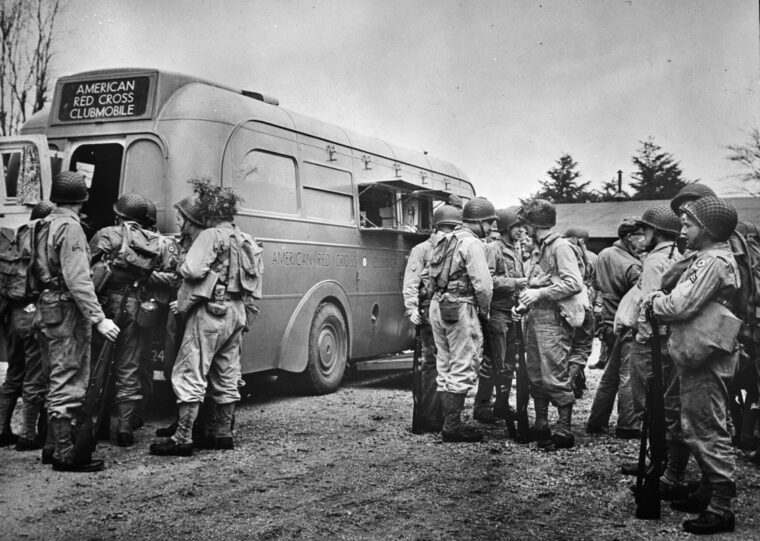
During World War II, American women flocked to be a part of the war effort. They served as factory workers, government agency clerks, WAVES or WAACS, and artists copying propaganda posters. Read more
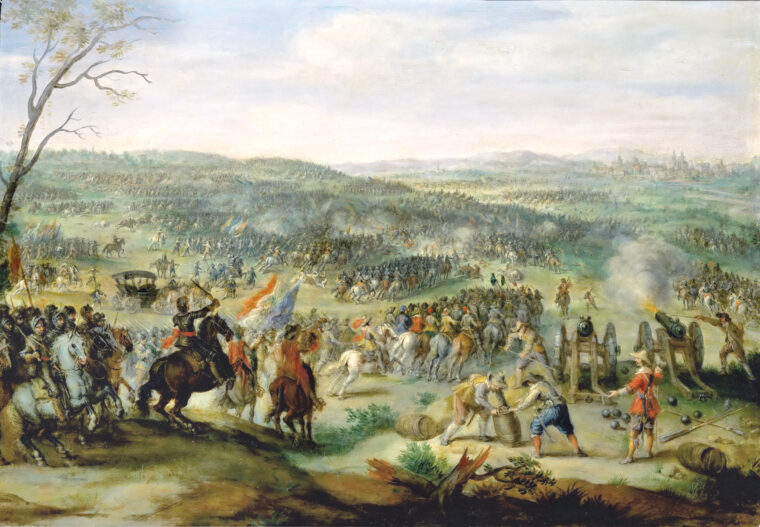
In the valley south of the hill known in Czech as Bitna Hora, a vast host assembled by the Austrian Hapsburgs advanced toward the ranks of the Protestant rebels blocking the path to Prague, the capital of Bohemia. Read more
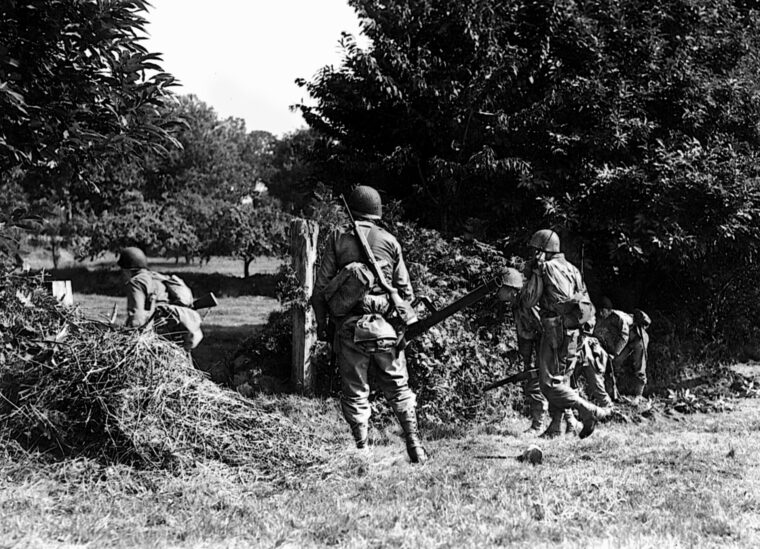
By Steve Ossad
A few months after the Normandy campaign and with other fronts competing for the American public’s attention, Lt. Read more